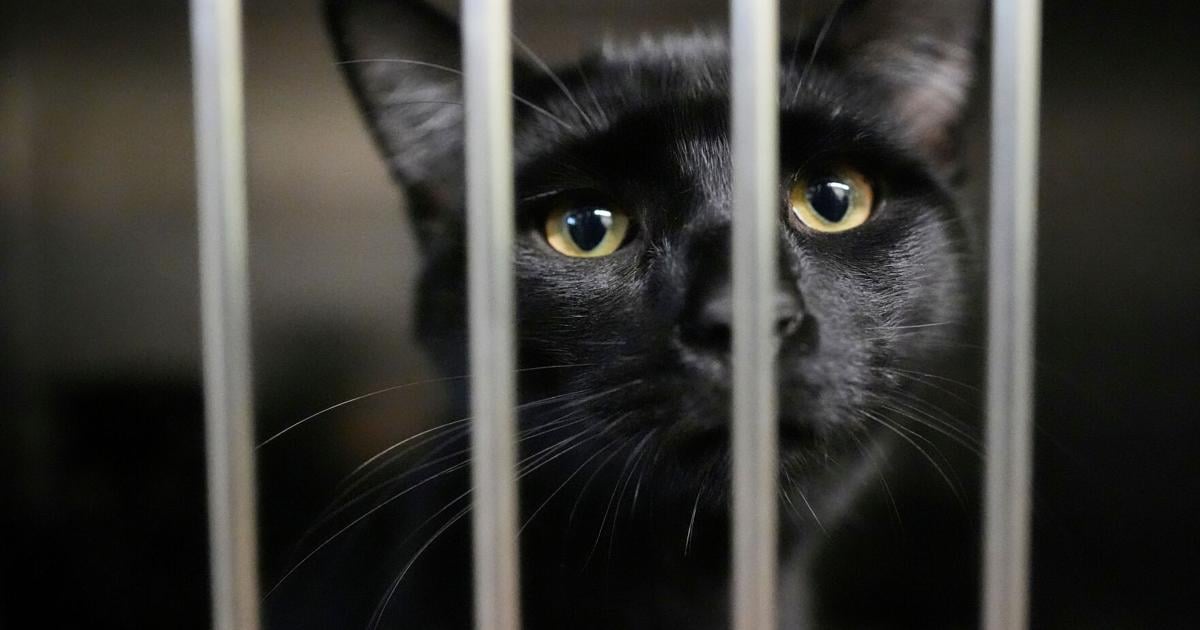Concerns Beyond Nutrition: The Challenges Faced by SNAP Families


Pet Owners Struggle as SNAP Payments are Delayed Amid Ongoing Government Shutdown
New Orleans, Louisiana — As the lingering effects of the longest government shutdown in U.S. history continue to resonate across the nation, many families are feeling the pinch, not just from food insecurity but also concerning the well-being of their pets. One such individual, Sarah Lungwitz, a single mother of two teenage daughters, exemplifies the plight facing countless households reliant on the Supplemental Nutrition Assistance Program (SNAP). With recent disruptions in SNAP payments, she has found herself grappling with the harsh reality of feeding her family, as well as her pets — two dogs and a cat.
The recent delays in the distribution of SNAP benefits have exacerbated an already challenging situation for many American families. The program, which aims to alleviate hunger by providing financial assistance for food purchases, has been plagued by late payments stemming from the ongoing government stalemate. With families already navigating economic uncertainties, this interruption places additional stress on their financial resources.
In response to this critical situation, local nonprofits and community organizations are stepping in to provide much-needed assistance. One such effort saw volunteers from an Illinois-based nonprofit organization delivering grocery gift cards to struggling families. For Lungwitz, this support has proven to be a lifeline. She expressed gratitude for the intervention, which allowed her to purchase food not only for herself and her daughters but also for her pets.
These initiatives highlight a growing recognition of the intricate relationships between food insecurity among families and their pets. Many households, particularly those in economically vulnerable positions, often prioritize the needs of their pets, sometimes at the expense of their own nutrition. Experts indicate that when families are faced with limited resources, pet care can become a significant concern, leading to emotional and financial hardship.
The current government shutdown, marked by prolonged negotiations and political gridlock, has brought to the forefront the critical challenges faced by vulnerable populations. It underscores the interconnectedness of food assistance programs and broader social welfare initiatives. As the shutdown continues, advocacy for the restoration of timely SNAP payments remains urgent, as does the need for community support systems that address both human and animal welfare.
In conclusion, the disruption of SNAP payments is not merely an economic issue; it interweaves with the fundamental rights of both people and their pets to access adequate food and care. The support from local nonprofits is commendable and essential, yet it also highlights the pressing need for systemic changes to safeguard against future disruptions in assistance programs.





